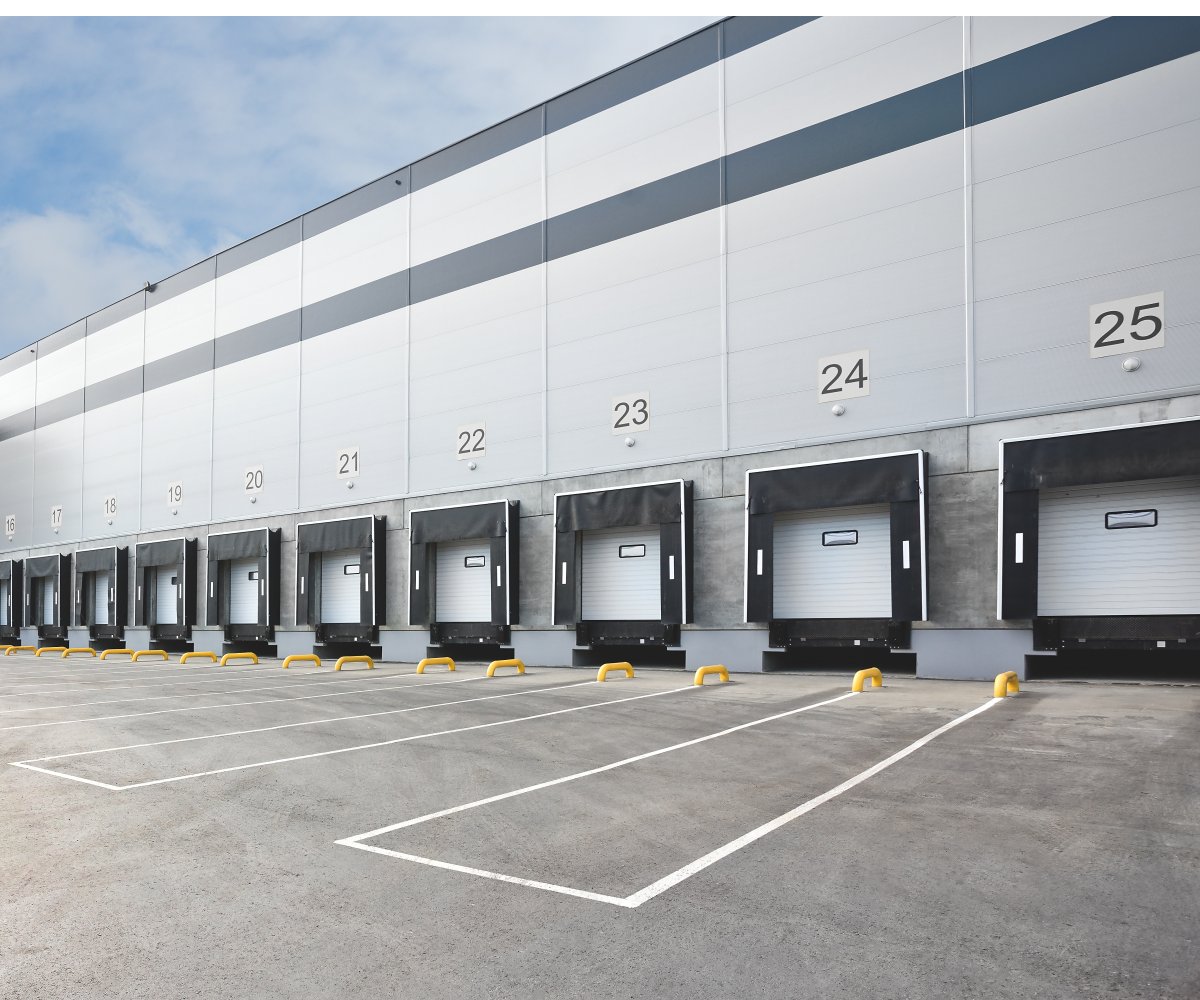Dock Appointment Scheduling - The Smart Way
The efficiency with which retailers and suppliers manage inbound and outbound processes within their Distribution Centre (DC) or warehouse is critical, whether they are dealing with the problems that surround fresh food or meeting the requirements for rapid deliveries out to consumers.

Here we outline the transformation that can be achieved in the speed and responsiveness of warehouse & DC operations when a dock appointment scheduling system is utilised.
The Issues
One of the biggest areas of inefficiency is the continued reliance on manual coordination of dock scheduling within the DC. In an ideal world, trucks will turn up on time, to the correct door; the DC will have the right number of staff ready to unload / load in place. However, if there is a reliance on paper-based management of dock arrivals and resources, the reality is very different. Trucks are left waiting - potentially for hours, staff are either working overtime, or paid to sit around in between arrivals. Deliveries are not effectively prioritised. There is no transparency of operations – and none of the controls for a highly efficient end-to-end supply chain are in place. DC’s need greater flexibility and better control over both their inbound and outbound activity.
Transforming Dock Management
An optimised dock management process can transform the inbound and outbound movements at loading docks and deliver new DC efficiencies. Proactive, collaborative dock scheduling allows carriers / suppliers to request appointments for deliveries or collections – with the software solution automatically offering a number of slots based on goods’ priority, available dock spaces, staff and equipment. Every dock appointment is allocated based on precise business needs and operational capacity.
With this real-time insight, retailers can become far more sophisticated at prioritising activity, considering customer demand, loads, product types and delivery destinations. Bookings are based on priority, assessed and optimised in line with DC capacity which ensures a smooth transition between inbound and outbound activity. This comprehensive visibility of the dock management process gives DC operators the ability to begin exploring trends in operations. Out of norm behaviour can be rapidly identified, enabling change and further optimisation of the process. Reports can show KPI’s such as ‘on time’ performance and ‘no show’ by carrier or supplier; or identify a specific delivery – driver or load type – that takes longer than the time to load or unload.
The ability to demonstrate costs to the business associated with delays or ‘no shows’ provides a DC operator with the chance to identify problems, work proactively with carriers on improving performance and to open dialogue with suppliers about their carrier choice and the associated business impact.
Business Costs
One of the biggest challenges is prioritising workflow. For fresh and date driven goods any mistake in the schedule will cause mayhem which is costly. Carriers may impose penalties if drivers endure excessive waiting times – for both deliveries or collections. Unscheduled overtime pay will be required to handle late or delayed loading or unloading – yet at other times staff are often hanging around with nothing to do as they wait for the next delivery to arrive.
The knock-on business costs are also significant. Poor management can lead to lost shipments. Delays, especially to fresh goods, can result in spoilage. Failure to prioritise goods for distant stores over local will compromise the in-store stocks; while a slow turnaround within the DC can result in goods wastage.
Without visibility and control over the dock appointment process, managers cannot allocate the right resources efficiently. There is no way to track carrier performance or identify those companies that are persistently late – or early; or drivers / trucks that spend too long on site each time.
Achieving Just in Time Deliveries
This highly automated, transparent dock management model transforms business performance for retailers, carriers and suppliers. Each appointment is confirmed online, with the driver being given a specified timeslot and dock number - enabling carriers to more confidently schedule on-going activity. Gate guards can access the same information to ensure only booked trucks are allowed in – avoiding traffic jams in the yard and directing lorries to the correct bay; alternatively, number plate recognition can be used to automate secure entry.
For storage operations this means avoiding costly delays and minimising wastage; while staffing levels can be optimised to reduce costs, avoiding both overtime and slack periods. For suppliers and carriers alike, it means avoiding time consuming delays while lorries wait for a dock to be available. Not only does this eradicate the environmental impact of trucks with engines running to ensure the correct ambient temperature of goods; it also minimises the knock-on effects on the carrier’s route planning – from drivers at risk of exceeding permitted drivers’ hours to compromising relationships due to delayed delivery.
Conclusion
Dock management is a critical component that can affect a retailer’s entire operation – especially when dealing with large-scale and fast-moving supply chains. From efficiently managing fresh and frozen goods, to confidently meeting consumer promises for rapid FMCG delivery, an intelligent system recommending appointment times based on true receiving capacity can transform DC operations.
The ability to manage demand in line with resources and capacity; to prioritise deliveries and create a foundation for better carrier/supplier collaboration addresses this key pinch point within the supply chain. By moving from a manual approach to a fully automated dock management solution that is insight driven, metric measured model, companies can achieve new and greater levels of control within this key component of DC operations.
Click here for more information on Smart Dock Appointment Scheduling
